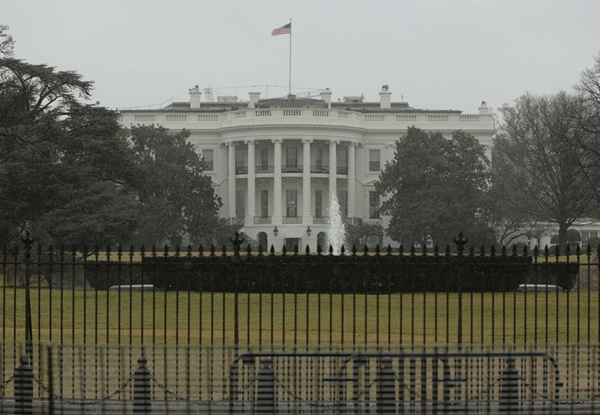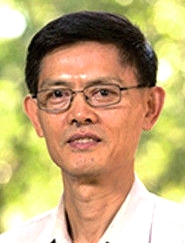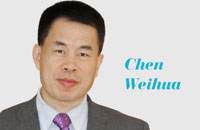Mistrust not in the interests of US, China and the world
(China Daily) Updated: 2015-09-14 08:13
 |
|
The White House in file photo. [Photo/CFP] |
The dropping of criminal charges against Chinese-American Xiaoxing Xi by the US Justice Department on Friday is hopefully the end of his particular tribulations, but it will not be the end of the political climate under which quite a number of scientists or people in other key areas with connections with China will be closely watched, simply because of the United States' paranoia about China.
Xiaoxing Xi, former chairman of Temple University's physics department, was accused of sharing sensitive technology with China and charged with four counts of wire fraud in May and thereafter arrested.
 |
|
Xi Xiaoxing, naturalized US citizen charged in wire fraud scheme [Photo/CHINA DAILY] |
It may take some time for this renowned scientist and his family to regain some normalcy in their lives. But it is not a matter of time but a matter of attitude for the United States to look at China as a real partner rather than a potential adversary.
The US' mistrust of China is long-standing and finds explicit expression in the US' long-existing ban on the exports of high technologies to China. And using national security as an excuse, the US has also established barriers preventing Chinese investments from entering many areas.
To the frustration of many who hoped the joint efforts by the world's largest developed country and its developing counterpart could effectively deal with the world's common threats such as climate change, terrorism and stagnant economic development, such cooperation has been hindered by the mistrust, which instead of diminishing seems to be increasing, especially in recent years, with the US' rebalancing to the Asia-Pacific and China's more pro-active diplomacy as manifest by its Belt and Road Initiative and the Asia Infrastructure Investment Bank.
Both countries are suspecting the other's strategies of targeting them. Repulsive remarks suggesting China is a potential threat by some US senior officials or military officers has reinforced China's assumption that the US is trying to contain China. In the same way, some US China watchers or politicians consider China's economic initiatives have the goal of undermining the dominant position of the US as world leader.
Professor Xiaoxing Xi was a victim of such mistrust.
It is not in the interests of either country and neither is it in the interest of the entire world for US and China to be always on high alert against each other. It is no exaggeration to say that the future of the world hinges upon the building of real trust between both countries.
- China, US reach important consensus on cyber security
- China-US relations 'gain momentum'
- China, US vow stronger climate change cooperation
- It's the ideal time to reflect on China-US friendship and cooperation
- China, US officials discuss Xi's US visit
- Anti-corruption campaign 'good for China, US'
- China, US officials to pave way for Xi's visit










